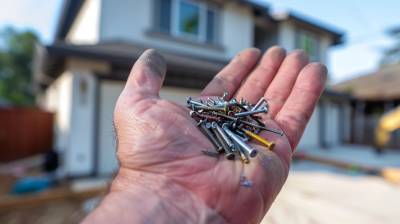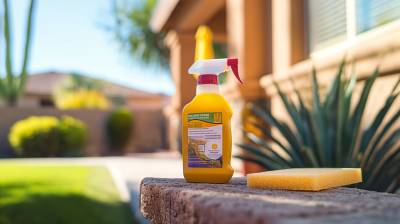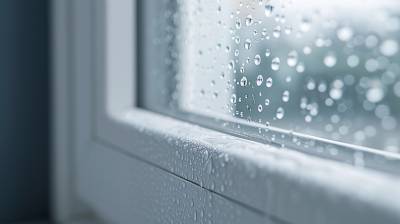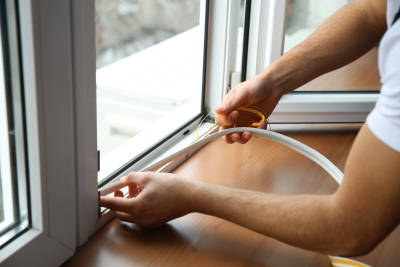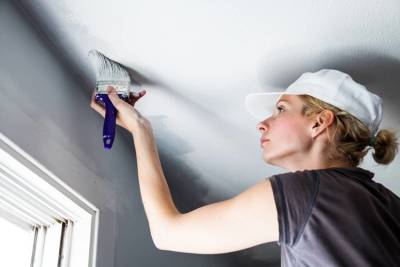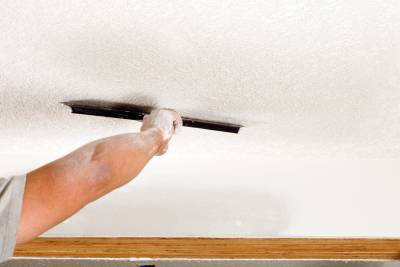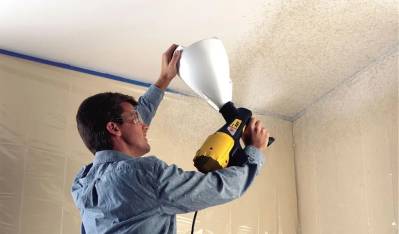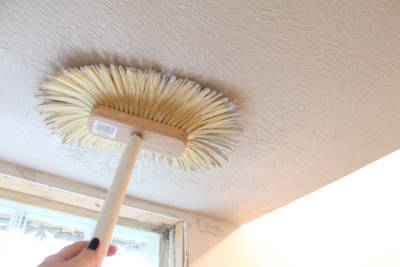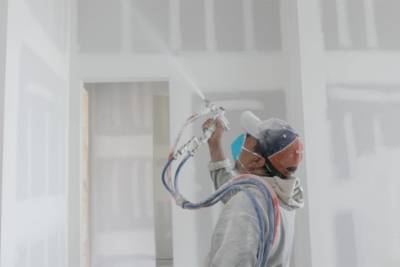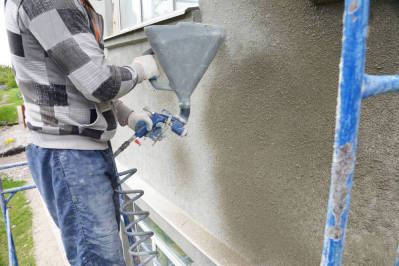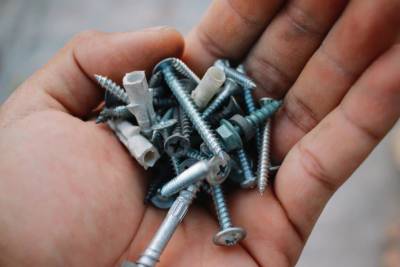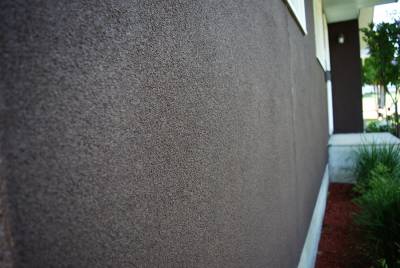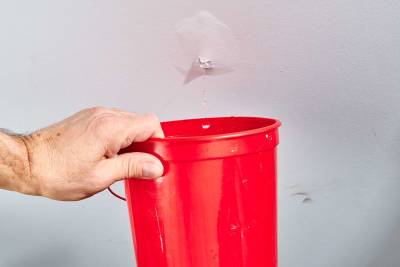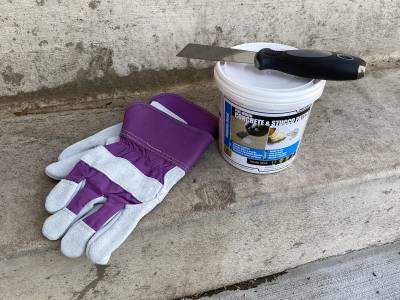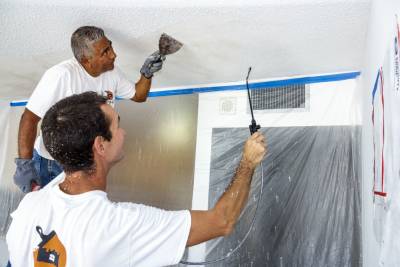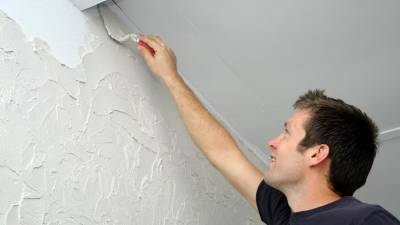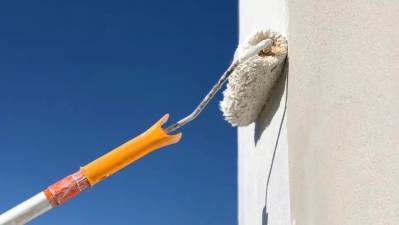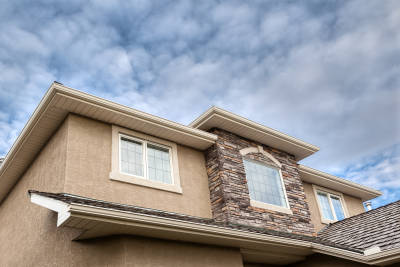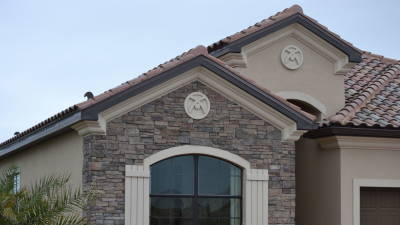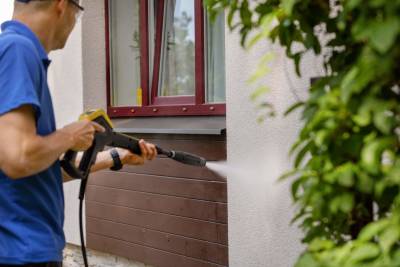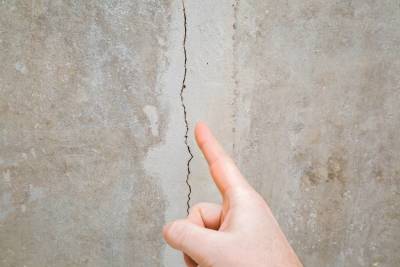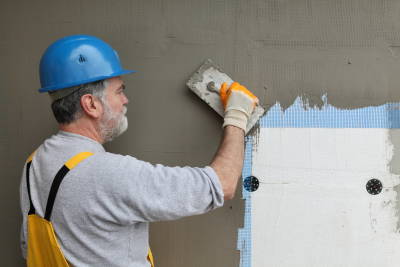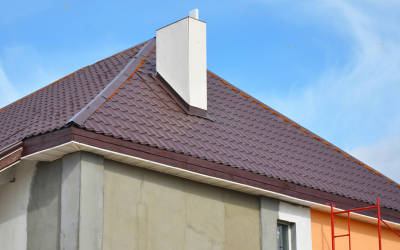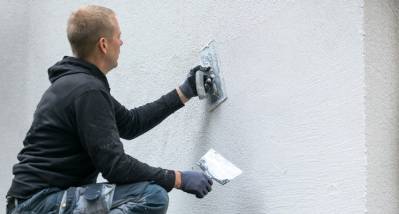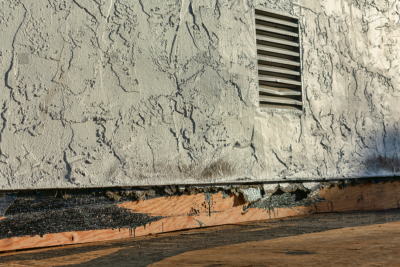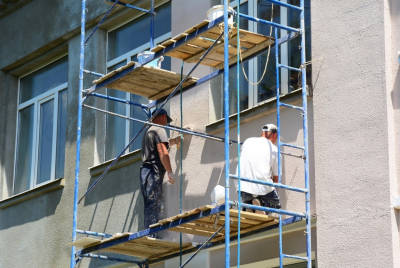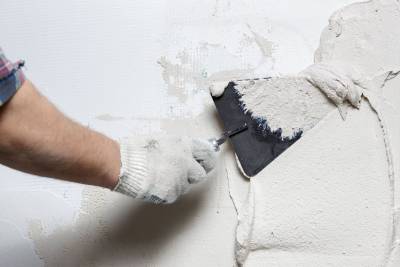From building sturdy walls to creating eye-catching decoration pieces or artworks, stucco nails play an imperative role. These specialized nails are used for holding stucco netting in place against the wall. Thus, whether you’re a homeowner seeking to do a home remodelling project or a professional contractor, understanding stucco nails will undoubtedly make a remarkable difference to your stucco projects. By using stucco nails, you can ensure that your walls stand the test of time.
Understanding Stucco Nails
Stucco nails are specifically designed for use in stucco, a type of exterior plaster applied over walls and other surfaces both indoors and outdoors. These nails have ribbed shanks which make them more resilient to plaster and render, increasing their holding power and ensuring a secure and durable installation. Here is an explanation on its various aspects:
Material and Size:
Stucco nails are made of hardened steel, which provides strength and durability. They are typically between 1 inch and 1-3/4 inches long, allowing you to choose the right size for your specific project. Mild-steel, hard-steel, and stainless-steel nails are all viable options, with varying degrees of durability and corrosion resistance.
The Importance of the Right Size:
Choosing the right size of stucco nails is crucial. Nails that are too short may not be able to support the weight of the stucco, causing it to crack or fall off. Nails that are too long can protrude through the wall, creating an unsafe situation.
Application of Stucco Nails
Stucco nails are predominantly used in the lathing process of a stucco installation. The word 'lathing' refers to the application and attachment of a metal mesh to a surface before applying stucco. This metal mesh helps the stucco cling onto the surface. Here is more on its application:
Lathing:
-
Stucco nails are driven into wooden studs, securing the metal lath to the wall.
-
The lath needs to be held securely in place for the stucco to last down the years.
Fixing Cracks:
-
In repairs, stucco nails can be used to reattach loose or falling-off stucco.
-
You can easily drive the nail through such areas to keep the plaster in place.
Stucco Nails Buying Guide
While buying stucco nails, understanding the quality and suitability is important. Not every nail is made equal and not just any nail can do the job. Here are few things to consider when buying:
Material:
Go for sturdy, rust-proof nails that are designed to last in harsh outdoor conditions. Stainless steel nails can be great for outdoor applications as they resist rusting.
Thickness and Length:
Choose nails that are thick and long enough for your particular project. Think about the thickness of the wall and the stucco when selecting the nail length.
Price:
While it may be tempting to opt for cheap nails, remember that you often get what you pay for. Therefore, investing a bit more in high-quality nails can ultimately save you time and money by preventing shoddy workmanship and unnecessary repairs.
Difference between Stucco Nails and Other Nails
Unlike ordinary nails, stucco nails have a wavy or ribbed shank for better holding power. These waves or ribs create friction between the nail and wall, thereby increasing holding power. Moreover, other nails may not be as durable and may corrode quickly when exposed to weather, which is not the case with stucco nails.
Though stucco nails might seem like an insignificant part of a construction project, they are indeed crucial. They guarantee the durability and longevity of your stucco projects. Have a clear understanding of what nails to use, select the right ones, and rest assured that your project will indeed stand the test of time and weather.
Frequently Asked Questions About Stucco Nails
What are the different types of Stucco nails?
Stucco nails come in different varieties based on their head type, shank type, and material. Common types include the flathead, umbrella head, and ring shank stucco nails. The material most commonly used is zinc, but other options like galvanized steel, stainless steel, and copper stucco nails are also available for more specialized applications.
How can I identify the right nail for my Stucco project?
To choose the right stucco nails for your projects, some factors to consider are the thickness of the stucco layer, the climate conditions, and the substrate you're attaching the stucco to. It's always vital to work with a professional or consult your local hardware expert for personalized advice.
What are the common sizes of Stucco nails?
Stucco nails typically range from 1 inch to 3 inches in length. While 1-inch nails are usually appropriate for attaching thin stucco to light substrates like plywood, the longer options are used for heavier stucco layers and denser substrates such as cement boards. Ensure you pick the size that properly penetrates your base without damaging the stucco layer.
How are Stucco nails installed?
Stucco nails are typically driven into the substrate with a hammer or a nail gun. The installation process may vary depending on the substrate type and the specific stucco system being used. It's crucial to maintain the correct nailing depth; too shallow and the stucco might not adhere properly, too deep and you might damage the material.
Can Stucco nails be used in high-humidity environments?
Yes, stucco nails can be used in high-humidity environments. However, it is highly recommended to utilize stucco nails made of materials that are resistant to corrosion, such as stainless steel or hot-dipped galvanized nails.
What's the difference between Stucco nails and other types of nails?
Stucco nails are designed specifically for attaching stucco to a substrate. Unlike other nails, they usually have larger heads and shanks to provide a greater surface area and stronger bonding with the stucco. Some stucco nails also have a textured or ridged shank to better hold the stucco in place.
Are there specific brands known for producing quality Stucco nails?
There certainly are some manufacturers who enjoy good reputations for producing high-quality stucco nails. Brands like Simpson Strong-Tie and Grip-Rite are often recommended by professionals. However, the 'best' option is often dependent on your specific project needs.
How to safely handle Stucco nails?
While handling stucco nails, ensure you wear proper protective wear such as gloves and safety glasses to avoid accidental injuries. Also, ensure you keep your work area neat and organized to avoid stepping or sitting on forgotten nails.
Where can I buy the appropriate Stucco nails for my task?
You can buy stucco nails from a variety of sources. Local hardware or construction specialty stores usually have them in stock. You can also find them online from eCommerce websites like Amazon, Home Depot, or directly from the manufacturers' websites.
Pros and Cons of Stucco Nails
The Pros of Stucco Nails
Durability and Strength
One of the most notable benefits of stucco nails is their durability and strength. Made with high-quality materials, typically galvanized steel or aluminum, these nails are designed to withstand the test of time. They resist rust and corrosion effectively, which means they can maintain their strength and integrity, even when exposed to different weather conditions.
-
Long-lasting: Stucco nails have a high level of durability. They do not easily break or bend, making them a reliable option for construction or home improvement projects.
-
Weather resistant: Whether it's a scorching summer day or a freezing winter night, stucco nails can hold up against extreme weather conditions without losing their efficiency.
-
Corrosion resistant: Unlike some other types of nails, stucco nails resist corrosion. This makes them ideal for projects where they will be exposed to moisture or air for extended periods.
Versatility
Stucco nails can be used for a wide variety of construction and home improvement projects. Apart from securing stucco, these nails are also suitable for plaster, outdoor siding, and other similar projects.
-
Multiple uses: Stucco nails don't limit you to stucco projects. They can be used in several different applications, providing you with more flexibility.
-
Wide variety of sizes: Stucco nails come in various sizes, giving you the opportunity to choose the one that best fits your project requirements.
The Cons of Stucco Nails
Installation Difficulties
One of the downsides of using stucco nails is the difficulty that can come with their installation. For those unused to the process, installing stucco nails may require more time and effort compared to other types of fasteners, such as screws.
-
Professional assistance may be required: If you're not an experienced DIYer or professional builder, you might find stucco nail installation challenging, and would likely need to hire a professional.
-
Improper installation risks: If stucco nails are not installed correctly, this could lead to problems such as cracks or loose nails over time.
Damage Potential
While stucco nails are undoubtedly strong and resilient, there is a potential for damage if they are not used properly. Excessive force during installation can potentially harm the stucco material, especially if it's new.
-
Cracking risk: Stucco can easily crack if stucco nails are hammered in too aggressively. Proper installation techniques should be used to avoid this complication.
-
Surface damage: Using the wrong size of stucco nails can result in surface damage. Make sure to choose the right size and type of nail for your specific project.
Overall costs
Although the cost of individual stucco nails might seem negligible, the overall cost for a project can quickly rise. It depends on the quantity required, the nail's quality, and size, and the potential cost of hiring a professional for installation.
-
Cost of nails: High-quality stucco nails are more costly compared to other types of nails.
-
Professional installation: If you need to hire a professional to install the stucco nails, the overall project cost may significantly increase.
In conclusion, the use of stucco nails comes with a balance of pros and cons. Careful consideration of these factors is needed to make an informed decision for your specific project needs.
Summary
So, here's the thing about stucco nails. They are a reliable choice always when you're working on building projects that require a secure attachment of stucco material to a wall or structure. By being resistant to corrosion and having superior holding power, they make your work stand the test of time. Maintain your confidence in using stucco nails for all your related projects.
Having gone through details on stucco nails, it's evident that they play a pivotal role in building construction. They ensure the stucco stays in place and shields your property from various elements such as moisture, heat and wind. So, think about stucco nails next time you're involved in a stucco project, and enjoy seamless and long-lasting results.
Your structure deserves the best, and so do you! The sturdiness of the stucco significantly depends on the choice of stucco nails. Materials matter and these nails have proven to be reliable with their rugged features and suitability for different environmental situations. So, always remember that stucco nails are your ally when it comes to dependable construction and building resilience. They are worth your trust – always!
About Atlas Stucco
Welcome to Atlas Stucco, a Sacramento, CA based company with a penchant for excellence and attention to detail. We carry with us a rich legacy in the business, delivering top-tier services in the area of stucco application, repair, and maintenance. Our dedicated team of professionals prides itself on maintaining the highest standards of workmanship and customer service. We consistently work towards bringing your architectural vision to life with skill, dexterity, and a great deal of passion. Trust us to beautify and fortify your structures - in true Atlas Stucco fashion!
Tags: stucco nails, construction tips, home improvement,









